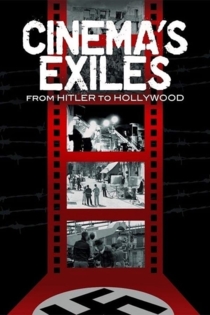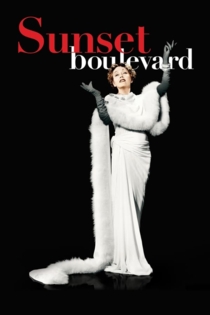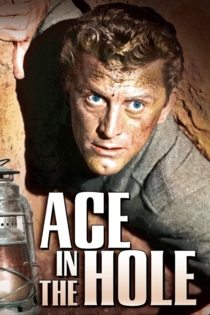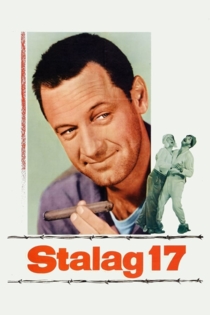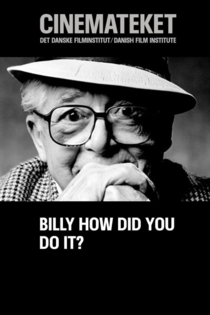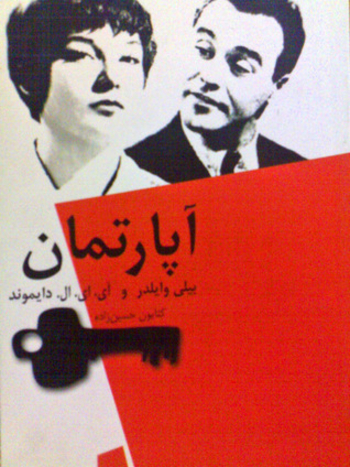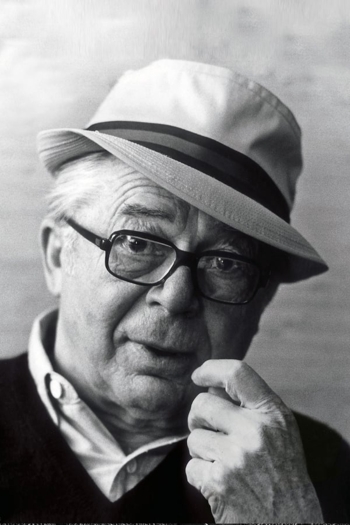
Billy Wilder
1906 - 2002Wilder's career began in Germany, where he worked as a writer for comedy films from 1930. After the Nazis seized power in 1933, he emigrated to the United States, where he continued to write screenplays, including Ernst Lubitsch's Ninotchka (1939) and Howard Hawks' Ball of Fire (1941). From the early 1940s, Wilder was allowed to film his own screenplays and thus made a name for himself as a director. Initially, his greatest successes included predominantly dramatic film noirs such as Double Indemnity (1944), The Lost Weekend (1945), Sunset Boulevard (1950) and Ace in the Hole (1951). It was only then that he increasingly turned to comedy, including Stalag 17 (1953), Sabrina (1954) and The Seven Year Itch (1955), although he made a small detour to courtroom drama with Witness for the Prosecution (1957). With Some Like It Hot (1959) and The Apartment (1960) he made his most famous and probably most successful comedy films, the latter even receiving five Oscars. In One, Two, Three (1961), Wilder dealt with the conditions of the time in his former adopted country, Germany, and made the successful romantic comedy Irma la Douce (1963). In the two decades that followed, Wilder made seven more films, which were less well received by critics and audiences, although the German-French drama Fedora (1978) is viewed somewhat more favorably today by predominantly pretentious film experts. Some time later, Wilder was under discussion as director for Schindler's List, which he had wanted as the end of his long career, but ultimately had to turn it down due to his advanced age.
A Personal Journey with Martin Scorsese Through American Movies
Martin Scorsese, Michael Henry Wilson
Martin Scorsese, Brian De Palma
Martin Scorsese celebrates American movies from the silent classics to the Hollywood of the seventies.
A Personal Journey with Martin Scorsese Through American Movies
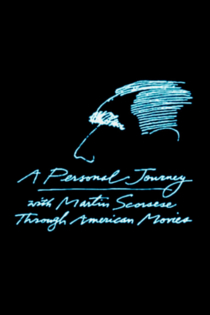
Witness for the Prosecution
Billy Wilder
Charles Laughton, Tyrone Power
When Leonard Vole is arrested for the sensational murder of a rich, middle-aged widow, the famous Sir Wilfrid Robarts agrees to appear on his behalf. Sir Wilfrid, recovering from a near-fatal heart attack, is supposed to be on a diet of bland, civil suits—but the lure of the criminal courts is too much for him, especially when the case is so difficult.
Witness for the Prosecution
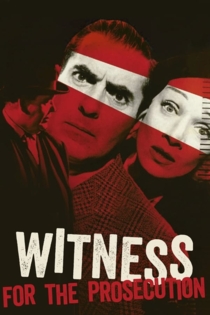
Double Indemnity
Billy Wilder
Fred MacMurray, Barbara Stanwyck
A rich woman and a calculating insurance agent plot to kill her unsuspecting husband after he signs a double indemnity policy. Against a backdrop of distinctly Californian settings, the partners in crime plan the perfect murder to collect the insurance, which pays double if the death is accidental.
Double Indemnity
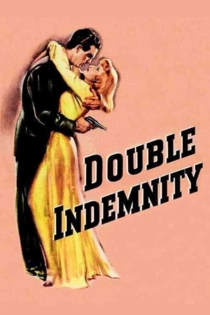
The Apartment
Billy Wilder
Jack Lemmon, Shirley MacLaine
Bud Baxter is a minor clerk in a huge New York insurance company, until he discovers a quick way to climb the corporate ladder. He lends out his apartment to the executives as a place to take their mistresses. Although he often has to deal with the aftermath of their visits, one night he's left with a major problem to solve.
The Apartment

Some Like It Hot
Billy Wilder
Tony Curtis, Jack Lemmon
Two musicians witness a mob hit and struggle to find a way out of the city before they are found by the gangsters. Their only opportunity is to join an all-girl band as they leave on a tour. To make their getaway they must first disguise themselves as women, then keep their identities secret and deal with the problems this brings - such as an attractive bandmate and a very determined suitor.
Some Like It Hot
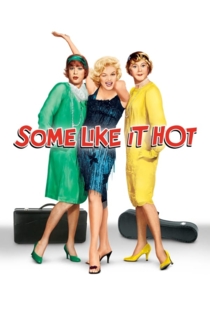
Night Will Fall
André Singer
Helena Bonham Carter, Jasper Britton
When Allied forces liberated the Nazi concentration camps in 1944-45, their terrible discoveries were recorded by army and newsreel cameramen, revealing for the first time the full horror of what had happened. Making use of British, Soviet and American footage, the Ministry of Information’s Sidney Bernstein (later founder of Granada Television) aimed to create a documentary that would provide lasting, undeniable evidence of the Nazis’ unspeakable crimes. He commissioned a wealth of British talent, including editor Stewart McAllister, writer and future cabinet minister Richard Crossman – and, as treatment advisor, his friend Alfred Hitchcock. Yet, despite initial support from the British and US Governments, the film was shelved, and only now, 70 years on, has it been restored and completed by Imperial War Museums under its original title "German Concentration Camps Factual Survey".
Night Will Fall
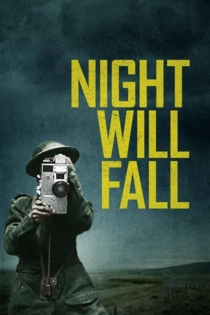
Audrey Hepburn: Remembered
Gene Feldman, Suzette Winter
Audrey Hepburn, Billy Wilder
Audrey Hepburn was one of movies best-loved stars, blessed with beauty, talent, an elegant sophistication, and an enduring aura of youthful innocence. As Goodwill Ambassador for UNICEF, she spoke for the world's suffering children and families, earning an affection and admiration that only increased with news of her untimely death. From the star herself we learn of her career, family, and friends.
Audrey Hepburn: Remembered

The Lost Weekend
Billy Wilder
Ray Milland, Jane Wyman
Don Birnam, a long-time alcoholic, has been sober for ten days and appears to be over the worst... but his craving has just become more insidious. Evading a country weekend planned by his brother and girlfriend, he begins a four-day bender that just might be his last - one way or another.
The Lost Weekend
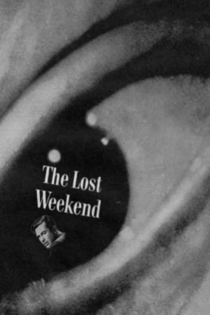
One, Two, Three
Billy Wilder
James Cagney, Liselotte Pulver
C.R. MacNamara will do anything to get a promotion within the Coca-Cola company, including looking after boss W.P. Hazeltine's rebellious teenage daughter, Scarlett. When Scarlett visits Berlin, where C.R. is stationed, she reveals that she is married to a communist named Otto Piffl -- and C.R. recognizes that Otto's anti-establishment stance will clash with his boss's own political views, possibly jeopardizing his promotion.
One, Two, Three
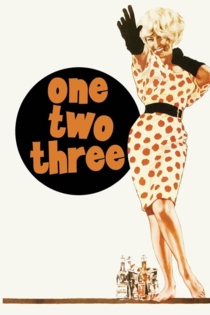
Cinema's Exiles: From Hitler to Hollywood
Karen Thomas
Сигурни Уивер, Marlene Dietrich
Eight hundred German filmmakers (cast and crew) fled the Nazis in the 1930s. The film uses voice-overs, archival footage, and film clips to examine Berlin's vital filmmaking in the 1920s; then it follows a producer, directors, composers, editors, writers, and actors to Hollywood: some succeeded and many found no work. Among those profiled are Erich Pommer, Joseph May, Ernst Lubitsch, Fritz Lang, Billy Wilder, and Peter Lorre. Once in Hollywood, these exiles helped each other, housed new arrivals, and raised money so others could escape. Some worked on anti-Nazi films, like Casablanca. The themes and lighting of German Expressionism gave rise in Hollywood to film noir.
Cinema's Exiles: From Hitler to Hollywood
